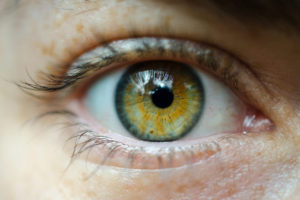If it were up to Elmo, the world would be a kinder place – down to the very trashcan Oscar the Grouch calls home.
Sesame Street, one of the most beloved and longest-standing children's shows, is emphasizing kindness in its upcoming season with the help of the Center for Healthy Minds at the University of Wisconsin–Madison, a research center that studies the science of well-being and how it can be nurtured.
Driven by an increasing number of news stories on anger, fear, bullying and violence, as well as an overall sense of negativity permeating social discourse, the season focuses on social emotional skills vital to kids’ well-being and life success.
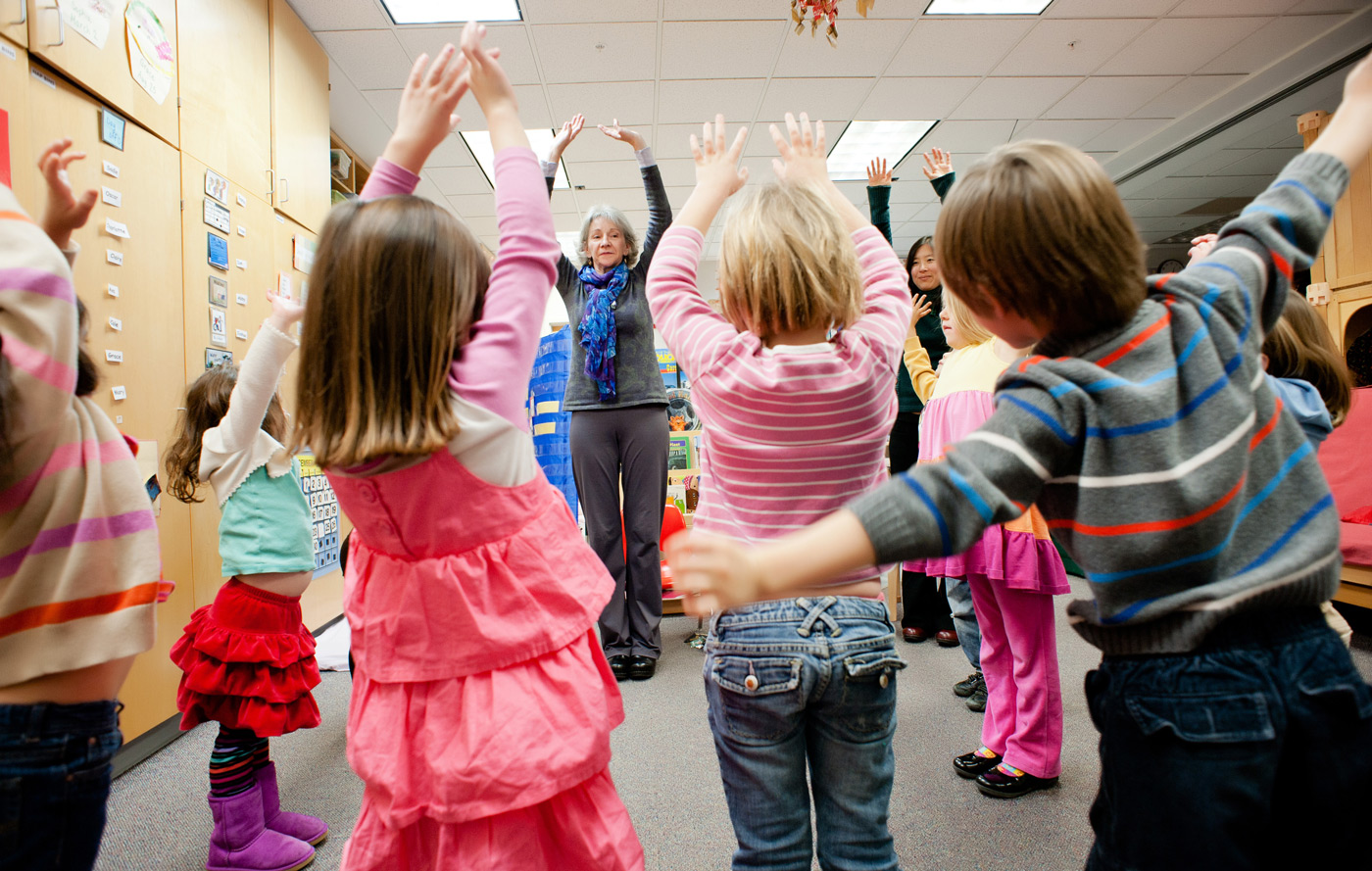
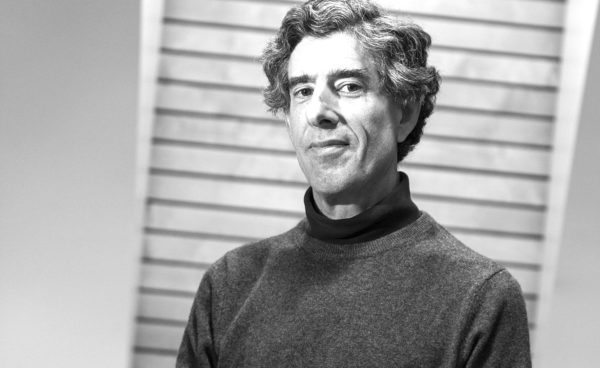
“The kind of interventions and practices we’re studying have a great deal of relevance and promise for the types of problems we’re facing today in our culture,” says Richard Davidson, founder of the Center for Healthy Minds and the William James and Vilas Professor of Psychology and Psychiatry. “These strategies help people to recognize that we’re all the same – we all share a desire to be happy and free of suffering, and when we embrace that perspective, divisions become more permeable and less formidable as obstacles.”
Center Associate Scientist Lisa Flook and Outreach Specialist Laura Pinger joined writers, producers and educators at Sesame Street's headquarters in New York City in the summer of 2015 to present the center’s mindfulness-based Kindness Curriculum and scientific results from classrooms.
Early findings from the center’s research suggest that children who participated in the curriculum earned higher marks in academic performance measures and showed greater improvements on measures of altruism and delay of gratification than children who had not. While more research is needed to build upon the initial study, a growing body of research underscores the importance of social and emotional learning, including cultivating positive qualities such as kindness, during key periods in development.
“At the heart of the discussion is empowering young children to begin to feel how positive qualities such as kindness and gratitude feel in their bodies, physically,” says Flook. “This is where a mindful approach comes in – the skills build on paying attention to the body and extend to offering kind attention to ourselves and the world around us.”
“This is where a mindful approach comes in – the skills build on paying attention to the body and extend to offering kind attention to ourselves and the world around us.”

Flook and Pinger presented activities from the Kindness Curriculum, including a “mind jar” where jars of glitter resembling snow globes inspire kids to notice how the tiny particles settle, just as their minds settle after being agitated or upset. They also explored “Belly Buddy Breathing,” in which children notice their breath as it moves a light stone placed on top of their bellies as they lie on the floor.
“We’re not saying this curriculum is the way, because there are many ways in our day-to-day existence to be kind to people,” says Flook. “We’re noticing that one of the most powerful forms of kindness is kindness for its own sake, and we’re still figuring out ways to adequately measure this.”
Pinger, who taught the curriculum in select public schools in Madison, Wis., says expanding skills to be kind and emotionally healthy can also have an impact on adults.
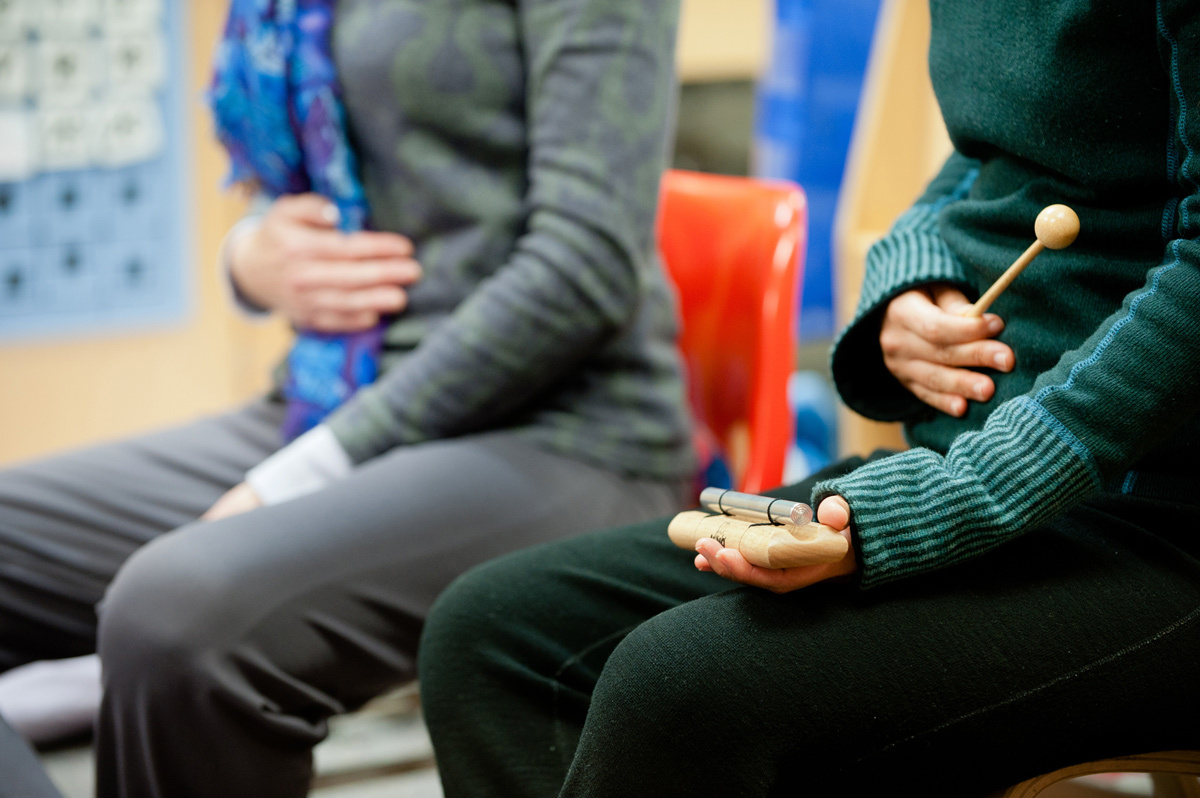
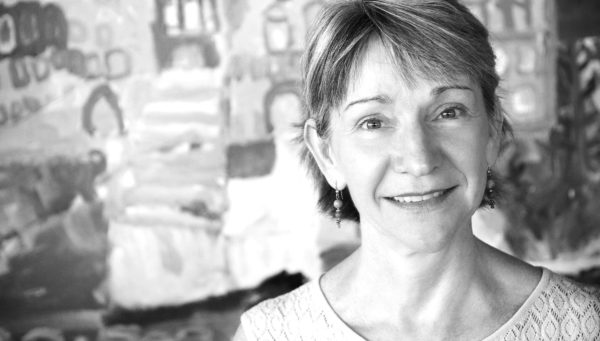
“We live in a culture that is so stressed, hurried and achieving or trying to get by that sometimes it really takes kids’ innocent eyes and hearts to see and comment on the need for kindness in a way that allows parents to actually view their own interactions in a new way,” she says. “Sometimes we all get stuck in thinking, ‘This is the way we do business.’ The thought that Sesame Street, a program frequently watched by both parents and kids, can shine more light on kindness is important.”
Sesame Street conducted an informal survey, “K for Kindness,” examining the state of kindness in America. Seventy percent of parents surveyed often worry "the world is an unkind place for my child” and nearly 80 percent agreed with the statement that “it’s more important that my children are kind to others” than “academically successful.”
“Providing parents and teachers the tools and resources they need to help instill kindness and empathy in their children is at the core Sesame’s mission," says Jeffrey Dunn, CEO of Sesame Workshop. "We want to engage in a national conversation about kindness.”
The center's curriculum was initially enabled by the generosity of donors through a pilot study. Currently, a $1.5 million grant from the U.S. Department of Education is in its third year of investigating well-being in teachers and students in the classroom.
The Kindness Curriculum, developed independently of the collaboration, is available for free by signing up on the Center's website.
-– Marianne Spoon

